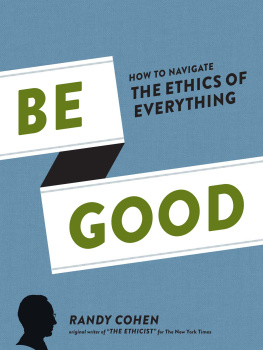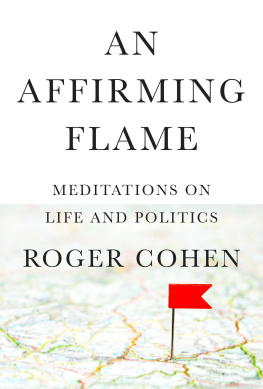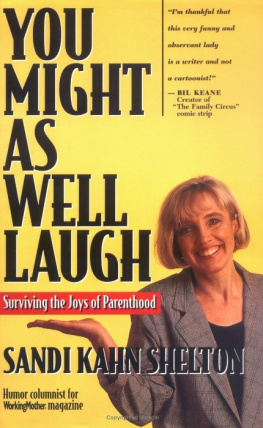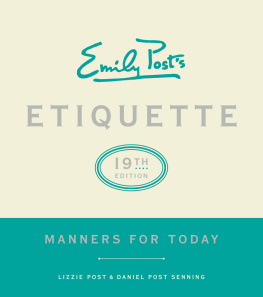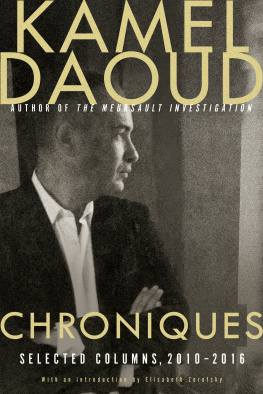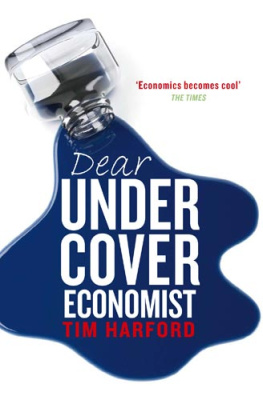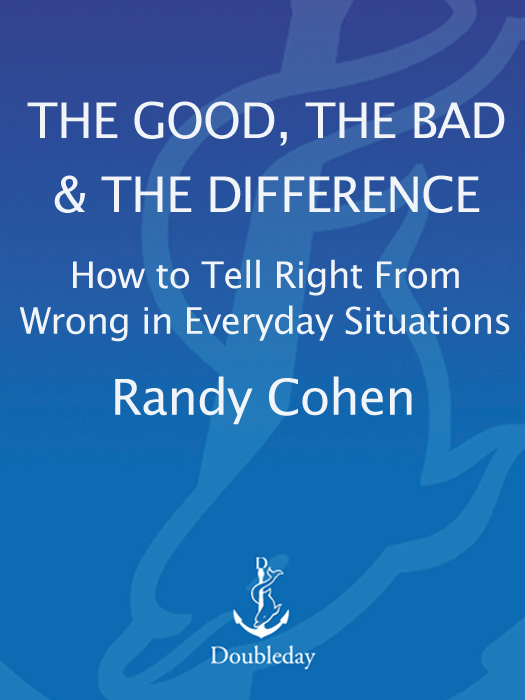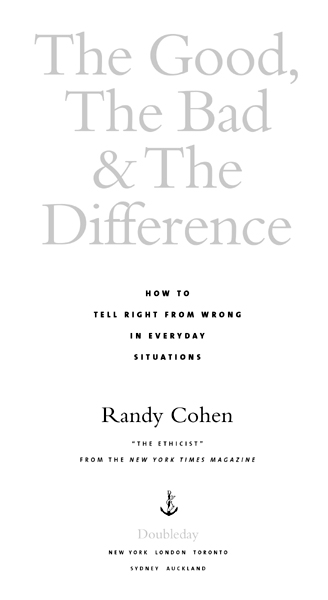Also by Randy Cohen
Diary of a Flying Man
Modest Proposals
PUBLISHED BY DOUBLEDAY
a division of Random House, Inc.
1540 Broadway, New York, New York 10036
D OUBLEDAY and the portrayal of an anchor with a dolphin are trademarks of Doubleday, a division of Random House, Inc.
Much of this material appeared, in a slightly different form, in the New York Times Magazine. The Ethicist and the lil ethicist cartoon figure are trademarks of The New York Times Company, and are used with its permission.
Library of Congress Cataloging-in-Publication Data
Cohen, Randy.
The good, the bad & the difference: how to tell right from wrong in everyday situations / Randy Cohen.
p. cm.
1. Ethical problems. 2. Applied ethics. I. Title: The good, the bad and the difference. II. Title.
BJ1031 .C57 2002
170dc21 2001042084
eISBN: 978-0-385-50527-7
Copyright 2002 by Randy Cohen
All Rights Reserved
v3.1
For my mother
CONTENTS
ACKNOWLEDGMENTS
I wish the idea for an ethics column had been mine, but it wasnt, and to claim credit for it would set an odd tone for a book about ethics. The editors of the New York Times Magazine conceived the column and refined its format. And it is to them that I am most grateful.
Since the column began, Ive worked closely with three editors, Ariel Kaminer, Hugo Lindgren, and Dean Robinson. Each has improved the column, and each, from time to time, has saved me from making a monkey out of myself. If, on occasion, Ive still made a monkey out of myself, it was my own doing and not the fault of these excellent colleagues.
I particularly wish to thank Adam Moss, the magazines head editor, for the opportunity to write the column, for the ideas he brought to it, and for his support and encouragement even when I wrote things that might have raised an eyebrow, and the blood pressure, of a less patient man.
I also received assistance from people outside the magazine. When a question pivots on a conflict between a personal belief and an official stricture, perhaps a matter of medical or legal ethics or religious precept, I must establish what the rule actually is. Thats when I turn to various expertsa medical ethicist at the AMA, an orthodox rabbi, a lawyer in the state Attorney Generals office. More people than I can name here have been generous with their time and knowledge. I cant imagine wandering into a moral thicket without such reliable guides.
Id also like to acknowledge Frank Lynch, whose adroitly organized Samuel Johnson Web site http://www.samueljohnson.com/ is a great place to track down an elusive bit of wisdom from the Great Cham. And I count myself lucky to work with my agent, David McCormick, who helped shape not just the sale but the book itself.
INTRODUCTION
Why Ethics, Why Now?
He that is most deficient in the duties of life makes some atonement for his faults if he warns others against his own failings, and hinders, by the salubrity of his admonitions, the contagion of his example.
SAMUEL JOHNSON: RAMBLER #14 (MAY 5, 1750)
Why Ethics, Why Me?
I am an accidental ethicist.
I do not have a doctorate in philosophy. Ive not taught ethics at any university. I have no ethicist credentials. I am a writer whose essays and fiction have appeared in many magazines and several books. Ive written for Late Night with David Letterman and other television shows. I studied music in college, attending graduate school as a composition student, a field for which I am singularly unsuited.
None of this deterred the editors of the New York Times Magazine, who, early in 1999, asked if Id like to discuss a weekly feature to be called The Ethicist. Note that this is the title of the column, not the profession of its author. The idea for the column, now carried by many newspapers, as Everyday Ethics originated at the magazine. I believe that when the editors were planning it, they discussed several people who might write it, some of whom were true professionals, university professors mostly. As I understand it, they concluded that, in a democracy, ethics ought not be a specialized field, but should comprise a set of questions every ordinary citizen canmustaddress. I think I met their definition of an ordinary citizen, and one who might make the discussion illuminating, the analysis thoughtful, and the prose lively. At least, thats what I try to do, and if I can present the questions in a way that lets the reader see them afresh, Im pleased. (And I take some comfort in reminding myself that Cat Fancy magazine is not written by a cat.)
Several candidates were invited to audition for the job. We were each given the same three letters to respond to. Here is the first test letter:
As I was dropping a memo on a colleagues desk, I glancedinadvertently, I promiseat her computer screen and saw my name. She had written an e-mail to our boss deftly attributing the failure of a recent project to me. That was a rash overstatement, but how can I defend myself without acknowledging my inadvertent e-mail read?
Its a cunning problem, raising issues of privacy, deceit, and self-interest, all faced by a person whod already acted imperfectly. I found it intriguing to try to devise an answer that could balance conflicting ethical principles and personal desires. (To see my reply, go to .)
I would, of course, feel better about the job if I had a Ph.D. (And a nicer apartment. And one of those neat little sports cars. It may not be directly related to the work itself, but it couldnt hurt.) It is always better to know more. However, one function of such credentials is to help a prospective employer predict how well one will do in the job, much as the SATs are meant to assist college admissions officers by predicting how well a student will perform freshman year. Once one has been on the job for a couple of years, such credentials may no longer be germane. In fact, looked at with perhaps excessive generosity, there is an unexpected advantage to my lack of formal training. The reader must consider not my credentials but my argument, and be persuadedor unpersuadedby that. I can make no appeal to my own authority.
It is also true that ethics is not physics. While the latter has a body of knowledge and a methodology accepted by all practitioners, the former does not. Every physicist must know mathematics, general science, and the history of his own field. Every physicist must practice the scientific method. However, any discussion of ethics will come down to the values of the writer and how clearly and persuasively he can articulate those values and apply them to the particular scenario under discussion. That is to say, ethics is an ideal subject for the general reader and the general writer, and perhaps that is what the Times editors concluded when assigning me the column.
Or perhaps there was some kind of clerical error.
Or perhaps writing for David Letterman is not such unlikely training for writing about ethics as it might first appear. A case could be made that Late Night was an essentially moral enterprise, one that encouraged its writers to subject their work to ethical scrutiny.
To begin with, Late Night was based on a coherent thesis: Your childhood has been bought and sold for profit, and as a consequence you grew up in a world of witless pop-culture junk. If the show was about anything, it was a critique of that culture, especially television. The show was built around a sense of right and wrong, and its mission was to articulate the difference between the two (sometimes through the use of glamorous actresses and trained circus animals).


